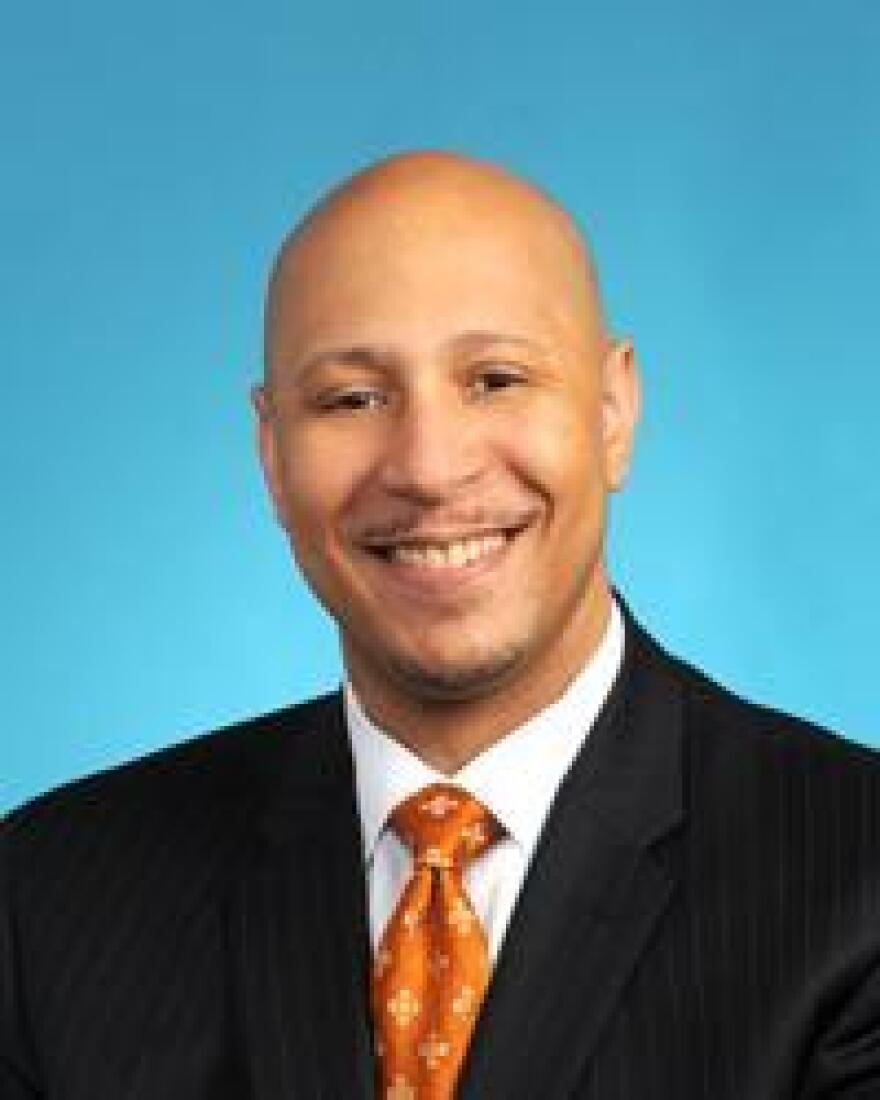COVID-19 safety has dominated the back-to-school news, but even if the virus had been vanquished this would be a challenging year.
For starters, there's the aftermath of last year's disruption.
Charlotte-Mecklenburg school board member Margaret Marshall recently gave a concise summary of the landscape: "Our goal is to start back and see who comes, how they come and what they need."

Last year, North Carolina school districts saw enrollment dip, especially in kindergarten, while home-schooling and charter schools grew. So the question of "who comes" is more complex than usual. What choices will families make this year, as they weigh safety and academic options? Will schools have a huge kindergarten cohort this year, or will many who sat out last year enter as first-graders?
Then there’s the question of what their capabilities are when they arrive. All signs point to major disruptions in learning, with some students hit harder than others. As CMS Chief Equity Officer Franks Barnes said at a recent board meeting, "The impacts of the pandemic on academic performance have been deep and wide-ranging. In order to get back to where we were and to gain the ground that was lost, it will take a multi-year effort."
That starts with schools sizing up academic skills and deficits, but also acknowledging trauma that students may still be coping with related to the pandemic.
And the year's biggest challenge is what they need: Academic support and enrichment, mental health services and family supports. School districts, bolstered by federal COVID-19 aid, will work with tutors, volunteers, government agencies and community groups to meet the needs.
Free Lunch For All
While the COVID-19 money will be used differently by different school systems, one benefit will be obvious to families: No one has to pay for school breakfast or lunch this year.
The U.S. Department of Agriculture has agreed to reimburse schools for meals provided to all students, not just the low-income ones. The effort started with federally funded “grab and go” meal pickups at schools last year, after the pandemic closed schools and cut income for many families. Federal officials say school nutrition programs remain one of the best ways of ensuring that kids have access to healthy food.
Controversy Over History
New history and social studies standards also take effect in North Carolina this year. They call for greater attention to the experiences of oppressed groups and for age-appropriate discussion of racism, and they've become part of a national controversy over what some people call Critical Race Theory.
Public polarization over how history is taught creates a tough environment for teachers.
The state House passed a bill outlining taboo approaches to instruction. In July, state Senate leader Phil Berger introduced a modified version with a 13-point checklist of things that educators can’t promote, such as the idea that a meritocracy is inherently racist or sexist, or that the United States was created by one race to oppress another.
The Senate hasn't taken action on Berger's bill, but his office says it will come up for a vote this session. Lt. Gov. Mark Robinson has also been slow delivering a promised report on public reports of "indoctrination," but his office says that's coming soon, too.
CMS Superintendent Earnest Winston says district administrators and principals are ready to support teachers as they broach the new topics.
"I believe that our teachers are ready. I certainly wish they had more time to prepare," he said last week. "From Day One we will have monitoring and will be assessing how the curriculum is taught."
Filling Vacancies
The start of every school year brings a scramble to fill jobs. This year, most districts in the Charlotte region are struggling to find enough bus drivers.

Last year, many drivers had to be reassigned when students were learning remotely. With all schools open five days a week this year, the need has grown at a time when the labor market is tight.
CMS is also struggling to find enough special education teachers. A lot of students with disabilities had an especially tough time when classes were disrupted, so these teachers are really important to getting students back on track. CMS hopes to get permission to use COVID-19 relief money to offer $2,500 signing bonuses for special education teachers.
And there’s a need for substitute teachers, especially with the likelihood that COVID-19 will drive up the level of teacher absences.
New Schools Opening
One thing the pandemic didn't upend is school construction, with several projects coming to fruition this year.

CMS has two new K-8 language immersion academies debuting in the north and south parts of the county, to replace and expand Waddell Language Academy. That building will house a new virtual academy for elementary and middle school students. And a new neighborhood elementary school, South Pine Academy, opens in southwest Charlotte.
Gaston County is opening a new Belmont Middle School, and Iredell-Statesville Schools is opening Oakwood School to house a middle years IB program.





